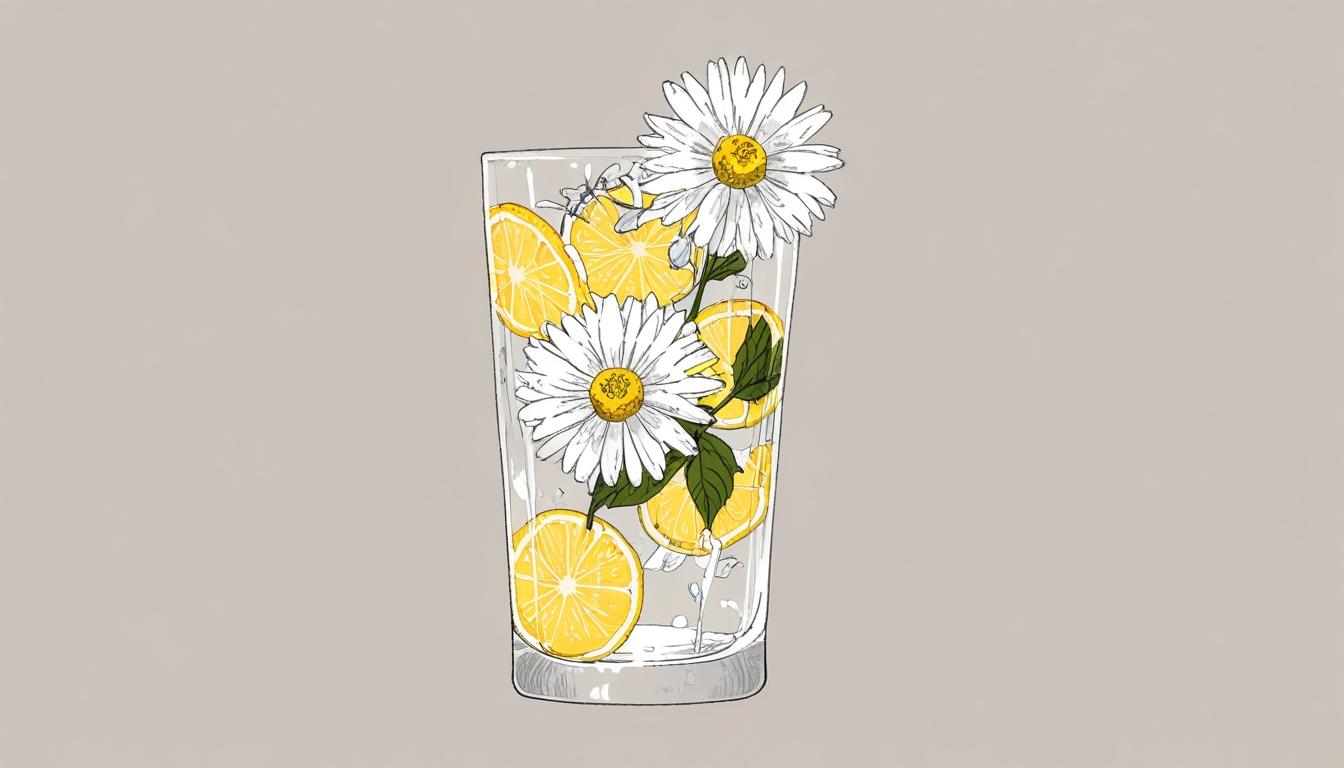More South Korean celebrities are entering the liquor industry, moving beyond simply lending their names and faces to actively engaging in product planning, development, and brand management. This trend sees artists capitalising on their unique ideas and brand images to generate revenue, though industry experts caution that relying solely on temporary popularity without continuous efforts to improve product quality could lead to business failure.
On the 30th of this month, singer G-Dragon officially released the 'PEACEMINUSONE Highball' in collaboration with convenience store chain CU, operated by BGF Retail. The product is a wine-based highball reflecting G-Dragon’s personal taste as a wine enthusiast, featuring fresh lemon slices shaped like daisies. The drink is tied to his fashion brand PEACEMINUSONE, utilising associated intellectual property. A BGF Retail spokesperson commented, "In a situation where highball consumption has increased, a standalone release of a product in collaboration with a superstar is bound to attract attention," further adding, "I believe it will become another turning point in a positive direction." According to BGF Retail data, highball sales have surged by approximately 286.7% compared to the previous year.
G-Dragon is not the only famous figure branching into the liquor business. In 2022, rapper Jay Park founded the company One Spirits and launched a distilled soju product called 'WON Soju.' The launch event, held in a pop-up store format at The Hyundai Seoul, attracted large crowds, with half of the initial 20,000 bottles selling on the first day alone. The product topped sales charts at convenience store GS25, particularly popular among consumers in their 20s and 30s.
Similarly, singer Sung Si-kyung introduced 'Kyungtakju,' a makgeolli named after his own name, and sold the initial batch of 5,000 sets within just an hour. Other celebrity liquor products that experienced rapid sell-outs include BTS member Jin's distilled liquor 'IGIN,' singer Soyou's 'So Highball,' and comedian Shin Dong-yeob's Black Circle whiskey.
A graphic presented in the article highlighted these five celebrity-associated liquor products: Soyou's 'So Highball,' Jay Park’s 'One Soju,' Sung Si-kyung’s 'Kyungtakju,' Jin’s 'IGIN,' and Shin Dong-yeob’s Black Circle whiskey.
Industry insiders indicate that the collaboration between celebrities and liquor companies is mutually beneficial. One official noted, "The fact that my favourite artist has directly or indirectly participated in the overall business to launch the product is a significant concern for those consumers." Another official pointed out that increased international recognition of Korean celebrities, due to the global rise of K-drama and K-pop, offers an advantageous position for entering overseas markets.
However, there are challenges and risks associated with this business model. Several celebrity liquor brands like actor Kim Bo-sung’s soju 'Uli Nam,' singer Yoon Mirae’s soju 'Mirai,' and singer-actor Lim Chang-jung’s soju 'One Glass' have been discontinued. Jay Park’s WON Soju has also seen declining sales, prompting the company to decide against submitting its audit report this year.
Experts highlight the importance of ongoing marketing innovation and product quality. Lee Eun-hee, a professor of consumer studies at Inha University, explained to Chosunbiz, "In the early stages, products tied to famous celebrities gained popularity, but over time, if there are no changes in marketing strategies according to changing consumption trends, they can easily become obsolete." She further emphasised the need for "continuous consideration of product quality and price competitiveness."
Seoh Yong-gu, a professor of business administration at Sookmyung Women’s University, stressed the significance of managing risk in collaboration with professional management or liquor companies. "As the buzz is big, the risks are also significant. To enhance product quality, risks should be spread in a structure where responsibilities can be shared," he said.
The ongoing trend of celebrities participating in the liquor market reflects a combination of creative branding and strategic business alliances within South Korea’s evolving beverage industry, where consumer interest in products associated with popular figures remains strong but sustainability depends on consistent quality and effective management.
Source: Noah Wire Services
